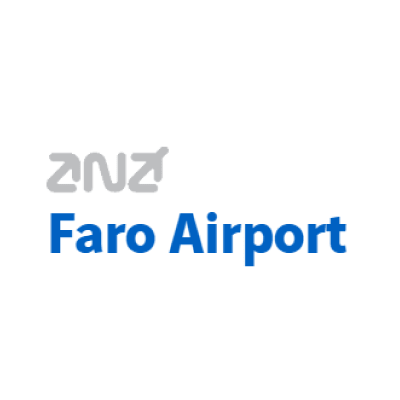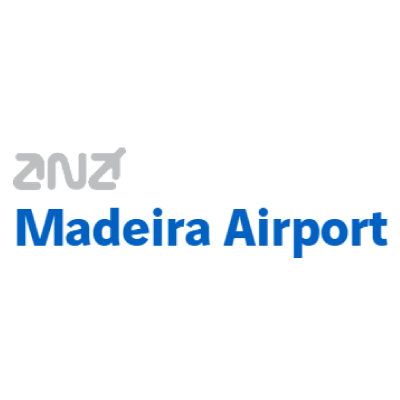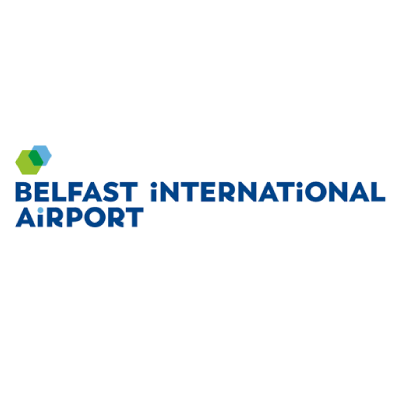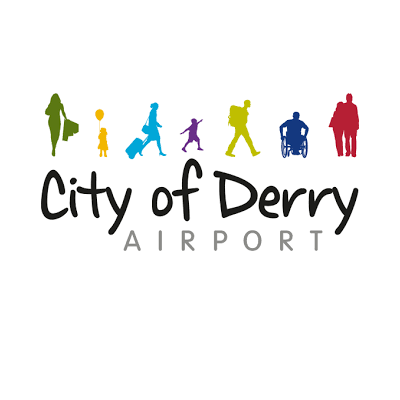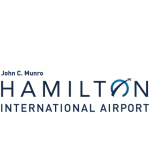Airports and airlines are riding the wave of unparalleled challenges in the industry and in the way they operate. Rapidly changing purchasing behaviour, digitalisation and the rise of ecommerce mean they must embrace new business models, extend their reach to accommodate heightened customer expectations, and use data and analytics to develop lasting customer relationships.
According to the 2019 ACI Airport Economics Report, global airport revenue grew 6.2% in 2017 to reach $172.2 billion US, while passenger traffic grew 7.5%.
The revenue breakdown looked like this:
- 55.8% aeronautical revenue
- 39.9% non-aeronautical revenue
- 4.3% non-operating revenue
The report found that 55% of every aeronautical dollar was generated from passenger-related charges.
However, the total cost per passenger for airports ($13.69 US) exceeded global aeronautical revenue per passenger ($9.95 US), clearly highlighting the importance of non-aeronautical sales for the financial sustainability of airports.
While until fairly recently flights and holidays were bought from an airline or travel agent, airports are now using technology to compete for customers, and consumers can book directly through an airport website. When an airport commits to optimising these direct bookings, the resulting data and analytics pave the way for significant advances in the customer experience. Passengers are no longer ‘strangers on a plane’; they become integrated into loyalty loops, targeted marketing strategies and brand advocacy.
Airports and airlines have not always seen eye-to-eye on topics such as data sharing, but they do have the same goal of customer satisfaction, and in an unusually symbiotic relationship, they also serve the same customers.
Therefore, in order to succeed, airports must make sure all of their airport customers, passengers and airlines, are properly supported. The airport needs to make money in order to sustain itself as a profitable entity, and when airlines are able to flourish, they continue to serve the airport and add new routes and services, leading to sustainable growth.
While non-aeronautical revenue is a key area for development in the airport industry, the data collected from direct bookings of flights and car parking is essential in ensuring relevant, timely marketing communications, customer retention and, within the current ‘experience economy,’ fulfilling the potential of the airport as a destination.
But when airports seem on the face of it to be directly competing with their airlines for bookings, is an airport ecommerce strategy including flight search beneficial to airports across the board, or can it detract from the delicate relationship with airlines?
This question was raised in Rezcomm’s recent Travel Marketing Webinar: Can airport flight search support airline relationships?
Andrew Phare, Head of Travel Services at Rezcomm
“Can flight search support airline relationships? Well yes, I think it definitely can.
Airlines and airports both want planes departing and arriving to be as full as possible. Some customers will book direct with the carrier, but many customers will want the arrangements looked after end to end. Therefore a good distribution mix is really healthy for all concerned.
Rezcomm’s flight search is simply a comparison site. It allows all flights to all destinations to be highly visible and bookable in an easy and unbiased way.
What this does is it guarantees visibility of flights, it guarantees distribution to the carriers serving the airport, and combined with good marketing it can send a strong message to airlines about the commitment to that partnership and the commitment to those routes served.”
Sean Staff, Marketing Communications for Regional and City Airports
“To my mind, airlines, airports and passengers all want the same thing, and that’s full planes of people going on holiday. I think if that’s achieved everyone’s happy, and if it’s achieved to the point of scaling up, adding routes, reinvesting and attracting new airlines, then everyone’s even happier. I think it absolutely supports airline relationships.”
Andrew Williamson, Commercial Product Manager, London Gatwick Airport
“I think flight search can be a tool. We aren’t so active at Gatwick in the way we’ve promoted flight search over the last few years. We haven’t really taken a targeted or a strategic approach.
Some questions have come over from our airline business development team: Can we be using this as a vehicle to support specific flights perhaps where there’s some distressed inventory that that airlines are talking to them about? Can the airport support that?
A specific point now is that our airline business team is quite keen to start promoting special deals for midweek flights. Is that a part of the market that we can stimulate for the benefit of our airlines, to benefit load factors and to get those flights out full?
I think I think it can be a tool. While we haven’t had much experience over the last few years of being very targeted and really leveraging the opportunity, I certainly think the opportunity is there.”
Victoria Wallace, Director of Digital at Rezcomm
“There are lots of ways that flight search can support airline relationships, but the bottom line is, when an airport uses our flight search feature they’re filling planes for their airlines, and what airlines really want is full planes.”
The benefits of flight search
- Added visibility for all flights, which benefits airlines
- Added visibility for all routes
- Ease of booking with Rezcomm’s intuitive, secure platform
- Improved load factors – no empty seats
- Increased customer trust and satisfaction created by the airport’s end-to-end service
- More choice for customers
- Airlines can benefit from all of the airport’s travel marketing campaigns
- The potential to market an airline’s low-performing routes to airport customers
- More revenue for airports supporting infrastructure, operational efficiency and long-term growth
In order to succeed, airports must be able to invest, improve and grow, and growth means optimising customer engagement and non-aeronautical revenue.
After all, according to ACI, 80% of airports worldwide have fewer than a million passengers per annum and 94% of these airports are still making a loss.
When an airport offers a flight search and booking facility to its passengers, this enables the collection of customer data essential to up and cross selling. The resultant funds allow the airport to invest in infrastructure and service improvements that will have a positive effect on the operational efficiency for airlines.
Rezcomm partners with airports worldwide to provide ecommerce, CRM and marketing solutions. If you would like to find out more about how our products can help you support your airline partners, drive revenue and build a loyal, happy passenger base, contact the team today.

